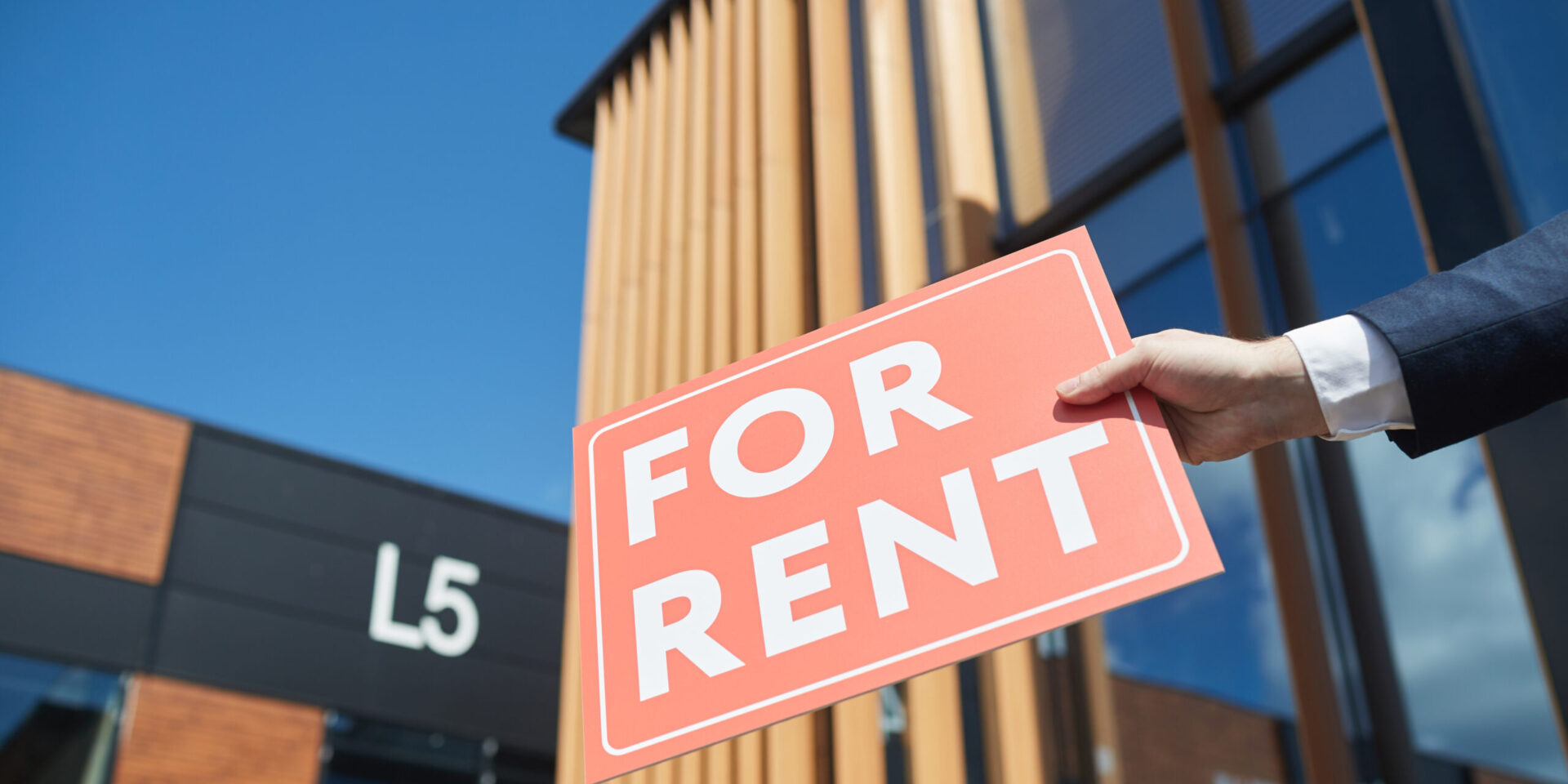Pros of Direct Ownership in Property Investing
The most common path investors take when they start their property investment journey is the direct ownership path. Rental homes and apartments are among the top choices.
In its most basic sense, direct ownership makes a profit through rental income which an investor uses to pay off the mortgage. With every monthly repayment, the property becomes yours little by little.
If you decide to rent out a house or apartment that you already own, that is a form of direct ownership investment, too.
This is the typical choice that investors make. However, there is one more path that you can take–indirect investing. Indirect investing means you do not own the properties from which you are making profits. An example is busying stocks under a REIT or a real estate investment trust. A REIT is a mutual fund of multiple real estate holdings.
To diversify your portfolio it would be great for you to consider making both investments. If you are just getting started in your journey, read on to find out the things waiting for you when you take the direct ownership path.
Pros of direct ownership
Direct control
There is no questioning the fact that the biggest advantage of directly owning a property is you get the final say in everything. In fact, there is no other say aside from yours.
How much you charge for rent is up to you. The color of the walls is your call. The terms and conditions in tenancy are also a decision you make.
Having direct control means you are the boss. You decide what strategy best fits your current scenario.
Positive cashflow
While the rent you get pays down the loan you took out, the property becomes yours. The rent you charge is dependent on your own computation. It should cover the operating costs plus the mortgage and still leave enough profit for you as the landlord.
A number of financing options
When you own a house, paid or not, you can access however much equity is built upon it. You can leverage the equity of your existing property to fuel your other investments. This option is not available to indirect investors.
Tax benefits
Even if your property doesn’t make enough to produce a positive cash flow, you can deduct the operating expenses from your taxable income. You have the Australian laws to thank for this. Since the government allows you to write off investment expenses against your taxes, you should fully enjoy the perks.
Property appreciation
And of course, don’t forget that you have access to the fruits of appreciation of properties. Over the years, the prices of houses in Australia have been on a steady incline. After holding property for years, except that the house will have gained value.
Cons of Direct Investing
Time- and energy-consuming
While many people consider earning rental income monthly a passive venture, the amount of time and energy you spend on managing a rental property is no joke. Having direct control means you have direct responsibility for the property.

Tenant issues
You are the one to deal with tenant issues such as complaints, missed rents, and even accidents. The stress can add up, especially if you have more than one property to manage.
If you think the benefits outweigh the disadvantages, you are not alone in thinking that. There is a reason why direct investing is still a very much loved form of property investing. The problems you face as a direct owner, you can solve through proper management




